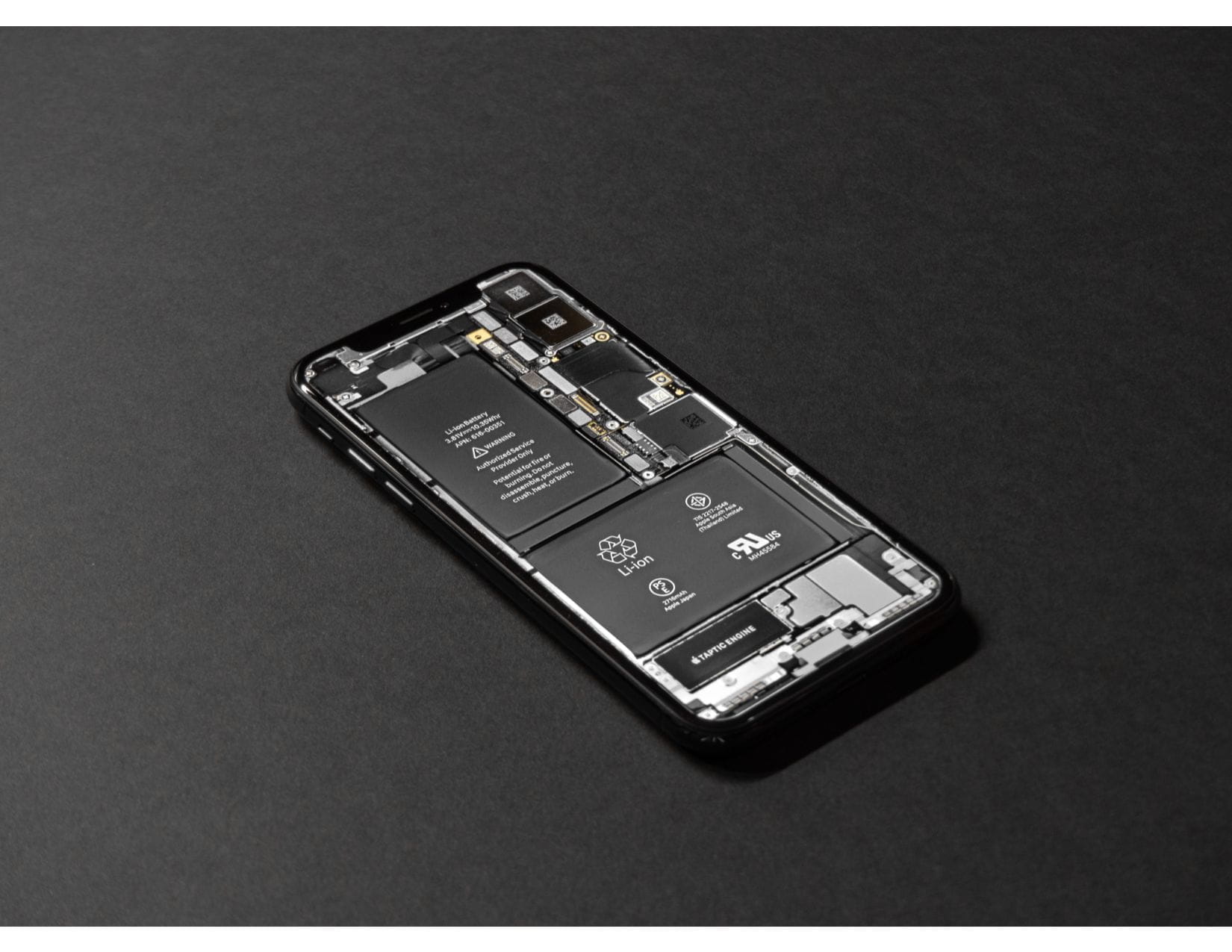The web Browser you are currently using is unsupported, and some features of this site may not work as intended. Please update to a modern browser such as Chrome, Firefox or Edge to experience all features Michigan.gov has to offer.
Commit to recycling used batteries on National Battery Day
February 17, 2023
As part of National Battery Day (February 18), today’s MI Environment story below comes courtesy of the U.S. Department of Energy.
Steve Noble, EGLE’s electronics recycling coordinator, also advises battery customers to consider lithium or rechargeable batteries to extend battery life and reduce waste.
Today is National Battery Day. Every year in the United States, millions of batteries are bought and used to charge common everyday items including phones, computers, watches, video games, remote controls, smoke detectors, and power tools. With the increase in “smart” products, such as appliances and automobiles, we have come to depend on them even more.
AA lithium batteries
When batteries eventually come to the end of their life it is important that they are recycled whenever possible, and not simply disposed of in the trash. This is because batteries are manufactured using different chemical elements, among which are metals such as mercury, lead, cadmium, nickel, and silver, which can pose a threat to human health or the environment when improperly disposed of when a battery is no longer useful. Some batteries may also contain materials such as cobalt, lithium and graphite that are considered critical minerals - rare, raw materials that are economically and strategically important to the United States because they are in short supply and not easily substituted. Alkaline batteries contain magnesium, zinc and their metal skins. The chemicals can be recycled into fertilizer and the metal skin into new battery casings.

Cell phone battery inside phone.
As such, no matter what type, size, or chemistry, every effort should be made to recycle batteries to preserve their materials for other uses and to prevent the materials from harming people or the environment. It is important to handle batteries correctly because some batteries can cause a risk to safety and health if mishandled at the end of their lives. Even dead or low-level batteries can have enough energy to cause injury or start fires even when they appear to be discharged. For safety, remember that not all batteries are removable or serviceable by the user—heed battery and product markings regarding safety and use for all types of batteries. Be mindful that battery types are identified by marking and labeling, not by the battery’s shape or the color of the label.
Find battery hazards and recycling options in Michigan at EGLE’s Household Hazardous Waste webpage.
